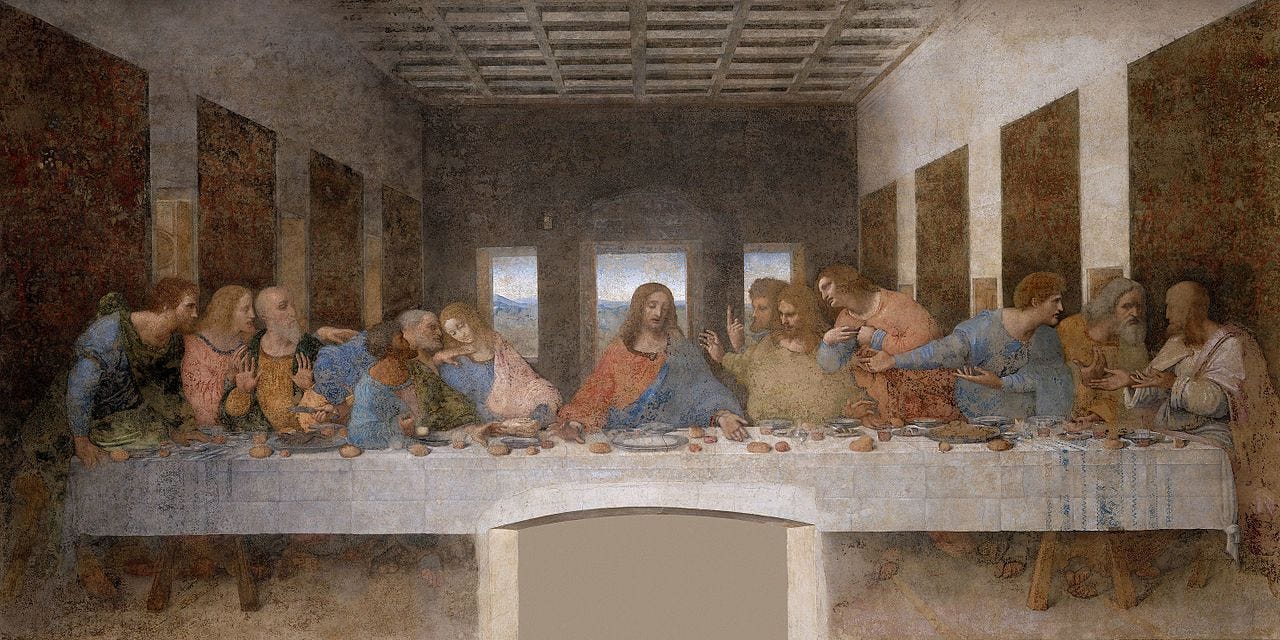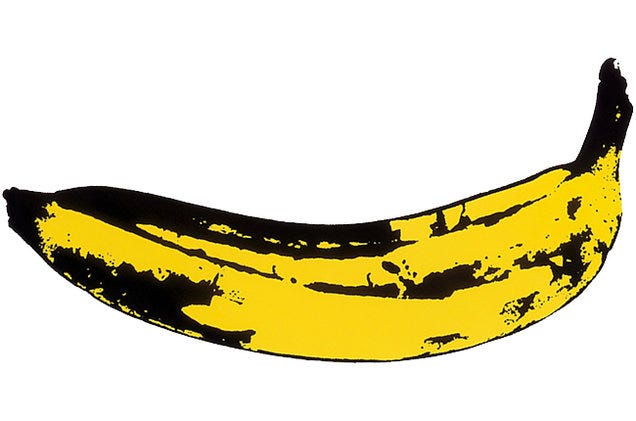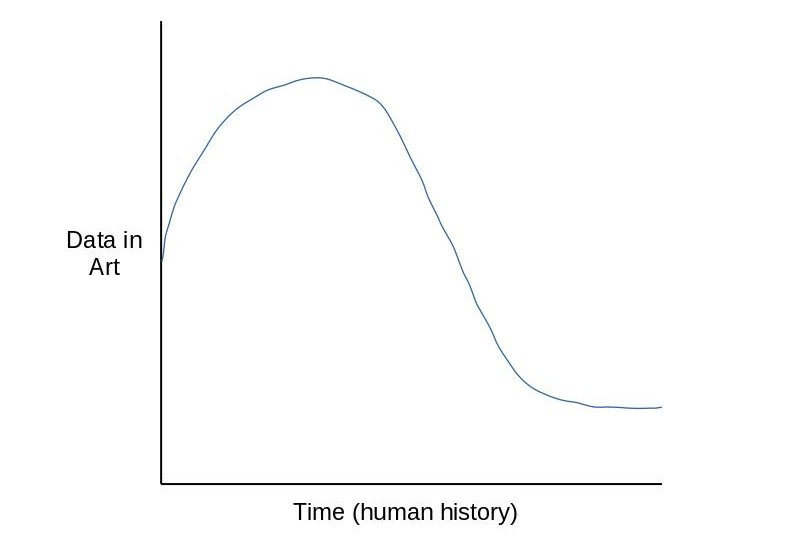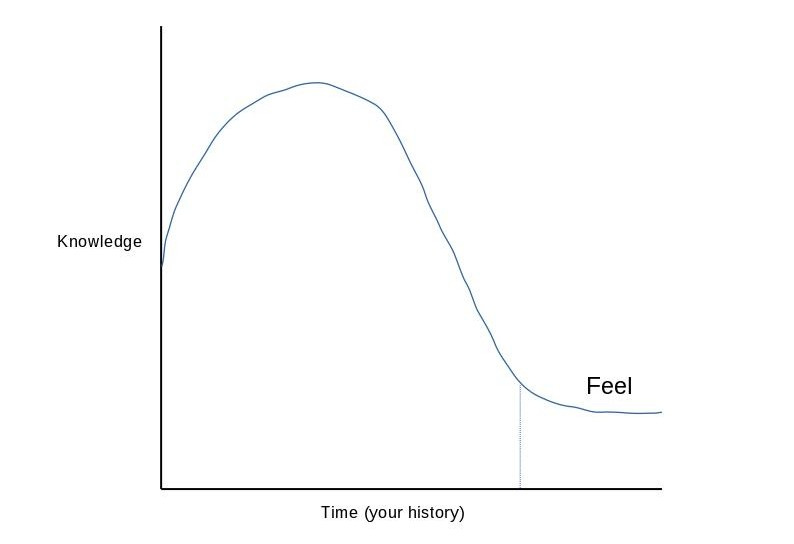Feeling okay?
Everything alright?
We go through this life altering between these “feelings” and “knowings” about… everything really. From which girl to date to which job to take, these choices change the direction of where we go in life. So all of us take time thinking, pondering and figuring out what to do. Did I take the right decision? What can go wrong if I go along this path? Choices don’t entirely make our lives but they do influence where go and invest our time and energy, which ultimately becomes our life.
Here we’ll identify if those choices we make in life are our own conscious making or instinct.
You go into a room. Your friends or roommates are there. You open the door and step inside and suddenly there’s silence. Maybe a little eye contact here and there. You don’t know what happened. What were they talking about? But you get a feeling it was about you.
What the fuck were they talking about me?
You are watching Youtube. You watching some interview of a person you have just discovered. Moments into the video, you instantly say- Nope, this guy’s shit. How did you judge? You don’t know them or read about them.
I’ll give a personal anecdote.
My sister and I went out to look for a rented room for her near her workplace. We searched and searched a few places and she would say - this place isn’t right or this doesn’t feel right to me. Ultimately, she was pressured to choose a place which was 50-50 about because of time constraints. She said the place was alright but the landlady wasn’t. So after two-three days into her new place, she wants to change after the landlady demanded an unreasonable security fee for an year beforehand. She changed that room afterwards and now has found a good place for her.
You get these situations where don’t know have enough data to be deemed as knowledge but have instincts to “know” what to feel about the situation and take action. These instincts are basically honed with time and experience in the environment. For us, this “environment” is the real world, the people around us, their behavior, and the events that take place. But it can also happen in abstract environments like different fields of knowledge. You stay in Mathematics for long enough, you’d see patterns and eventually get the feel for it. You may not consciously be aware of how you get attracted to some field of math more than some other field but this happens unconsciously or spontaneously or by itself.
This same principle happens in every environment basically. You start taking data initially, seeing patterns in the environment and eventually an unconscious mental model is formed and you can make decisions or make no decisions after some time and just feel the environment to do what you desire. This is what the Taoists say of as flowing with the course or the Way. Wu wei.
How do we know that this mental modeling is really formed? It actually happens probably in all fields. Look at art. Say just for example, art or drawing started with Leonardo da Vinci. So young Leo (the O.G) started this shit by stealing paper from his father’s office and drawing out his village in a piece of paper. So initially art starts with taking all details from the environment and drawing out Nature.

Eventually it gets more detailed (in the context of this article, we start to take more data), and turns into this:
To present an idea, therefore, needed a lot of detailing (data). But overtime people get used to seeing the details and can see the big picture or the meaning behind the art. So we get Modern Art.
Here’s another:

Modern art, which takes a lot less detailing (data) and just presents itself as an idea. The art itself reduces itself to its essence: the conveying of information and ideas. Origin by Dan Brown (Chapter 6) has the best definition of Modern art:
Winston says: “In your world of classical art, pieces are revered for the artist’s skill of execution- that is, how deftly he places the brush to canvas or the chisel to stone. In modern art, however, masterpieces are often more about the idea than the execution.”
The transition of art in the context of history probably goes like this:
The idea is that it increases and then reduces to convey information/ideas with the minimal data. Just the essential (essence + tial; Latin: essentia). Conveying essence.
This probably happens in all fields of knowledge.
Why all this?
Why show all this data?
To give you the feel of what I’m trying to convey: you probably have gone through this process. As children, you have taken all the data of your environment and formed mental models1 to navigate through the world. Navigation here involves all kinds of things: decision-making, prediction, etc.
You have the feel for it.
You do not need to keep all the data in your head. You have internalized it. It becomes your unconscious. And all the new data and experiences you encounter is added to it as well and enhances your model.
From stock market sentiment analysis to movie review sentiment analysis, etc; we see this at play. You see all the data in stock market analysis but when you decide to make a move in stock market, you also take into account your instinct not just data. You have the feel for it. But any new instance you see, you start taking the new data into account and it refines your already present feeling.
Knowledge is the precusor to feeling and instinct is the motivator for action. As you gather knowledge, you develop feelings/intuition. Just as computers encode any data ultimately into 0s and 1s, humans encode data into feelings: good or bad.
Conclusion
As mentioned before, decisions don’t entirely make our lives but they are pivots that influence our lives. Relying entirely upon “conscious rationality” is the most irrational thing to say. Next time when its time to take a dump, try to consciously postpone that.
We should take into account this natural repository of feelings and intuition while making decisions. You probably won’t know or don’t remember why you’re feeling a particular way but in my opinion, it shouldn’t be ignored.
“Knowing unconsciously is best”
- Chapter 46, Wen Tzu, Understanding the Mysteries (1992) by Thomas Cleary.
When I say “mental models”, I don’t point to Farnam Street ideology.







